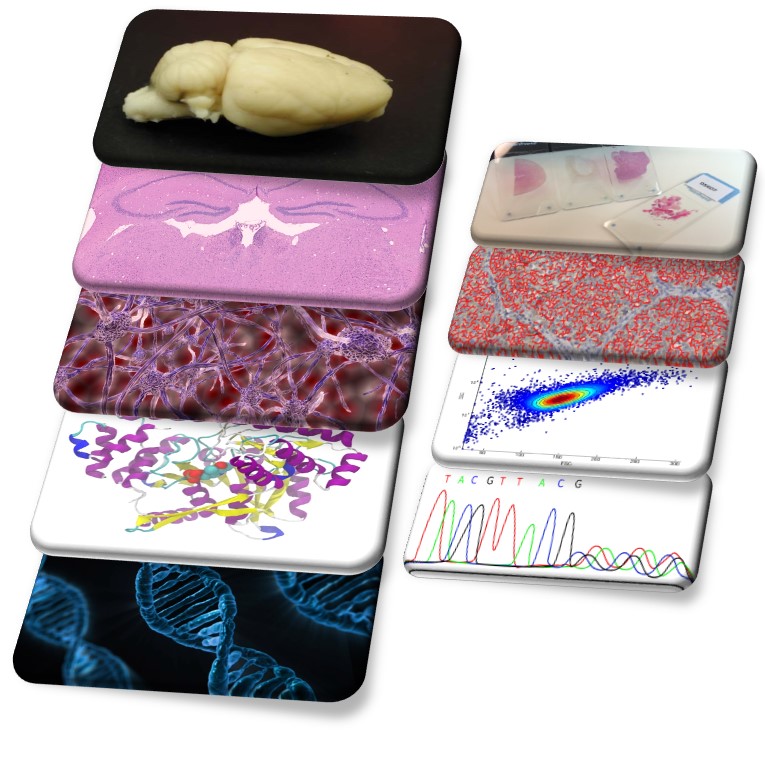
Key Program Facultyĭivision of Precision and Computational Diagnostics At the completion of the fellowship, the trainee will be eligible to take the Molecular Genetic Pathology Board examination.

Training includes exposure to a variety of methodologies including traditional PCR, cytogenetics and massive parallel sequencing assays. Fellows are exposed to clinical genetics through rotations in pediatric and adult clinical genetics and biochemical genetics. Over the course of the one-year ACGME accredited fellowship, the fellow gains experience in the application of molecular genetic pathology through service work, didactic lectures, resident teaching, involvement in laboratory administration, and hands-on test development and/or research projects through rotations at the Hospital of the University of Pennsylvania (HUP) and the Children’s Hospital of Philadelphia (CHOP). The goal of the MGP program at the Hospital of the University of Pennsylvania is to train fellows in the practice of molecular genetic pathology, the application and interpretation of molecular laboratory techniques, and diagnostic laboratory administration. Likewise, the Hospital of the University of Pennsylvania was among the first training programs in the country in the early 1990s and one of the first two programs to obtain ACGME accreditation in 2002 when MGP became a recognized subspecialty. In the Department of Pathology and Laboratory Medicine at the Hospital of the University of Pennsylvania, MGP has been recognized as an integral part of modern medical practice since 1985, when the Molecular Pathology Laboratory was founded as one of the first of its kind at a university hospital in the country.

Molecular Genetic Pathology continues to grow increasingly essential to the practice of medicine. Molecular Genetic Pathology (MGP) is the subspecialty of Pathology and Medical Genetics in which the principles, theories, and technologies of molecular biology and molecular genetics are applied to help diagnose disease, determine prognosis, monitor infections and treatment, and assess risk for genetic disorders.


 0 kommentar(er)
0 kommentar(er)
